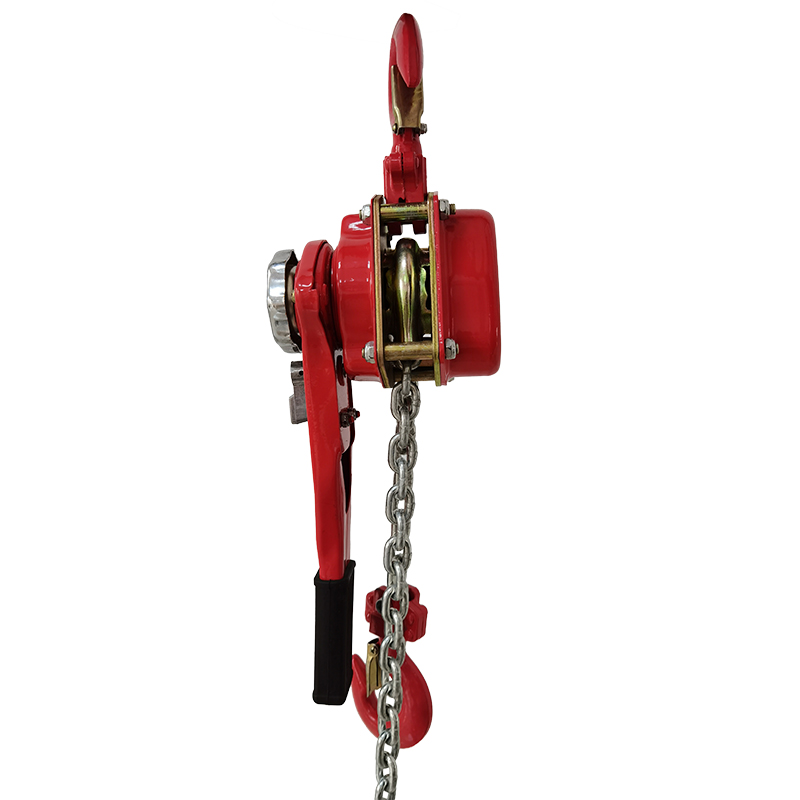


The Importance of a Crane Scale Understanding the 20 Ton Capacity
In various industrial settings, weight measurement plays a crucial role in ensuring safety, efficiency, and accuracy. Among the tools designed for this purpose, crane scales stand out, particularly those with a 20-ton capacity. These devices are essential for heavy lifting operations across construction sites, warehouses, and manufacturing plants. This article explores the significance of a crane scale with a 20-ton capacity, its applications, and the benefits it brings to the industries that rely on heavy lifting equipment.
What is a Crane Scale?
A crane scale is a weighing device that is suspended from a crane, enabling heavy objects to be weighed while being lifted. Unlike traditional scales, crane scales can accommodate larger weights, providing real-time measurements for loads that are often too hefty for floor scales. A 20-ton crane scale has the capacity to measure up to 40,000 pounds, making it suitable for a range of applications, from lifting construction materials to weighing shipments in logistics.
Applications of a 20-Ton Crane Scale
Crane scales with a 20-ton capacity are integral in various industries. In construction, for example, they are used to weigh materials such as steel beams, concrete blocks, and heavy machinery components. This ensures that the load does not exceed the lifting capacity of the crane and that the distribution of weight is managed correctly.
In manufacturing, crane scales help monitor the weights of products during production processes. Accurate weight measurements are crucial for quality control, ensuring that products meet specific standards. Similarly, within the logistics and shipping industry, these scales facilitate the weighing of cargo containers, helping determine shipping costs and compliance with transportation regulations.
Benefits of Using a 20-Ton Crane Scale

1. Safety The foremost benefit of using a crane scale with a 20-ton capacity is enhanced safety. Accurate weight measurement prevents overloading cranes, significantly reducing the risk of accidents, equipment damage, and injuries to personnel.
2. Efficiency Time is money in any industry. A crane scale allows for immediate weight reading, eliminating the delays associated with transferring loads to stationary scales. This increases productivity on job sites and improves workflow in factories and warehouses.
3. Durability and Reliability Most crane scales are designed to withstand harsh working environments. With robust construction, a 20-ton crane scale can endure tough conditions, making it a reliable tool for heavy-duty operations.
4. Versatility While rated for 20 tons, many crane scales can be used for a range of loads, which makes them versatile tools for various applications. This flexibility is advantageous for businesses that handle multiple products with differing weights.
5. Digital Readouts and Connectivity Many modern crane scales come with digital displays and connectivity options. These features allow for easy reading of measurements and the ability to log data for reporting and compliance purposes. Some advanced models even offer Bluetooth or Wi-Fi connectivity to integrate with management software, enhancing operational oversight.
Conclusion
In conclusion, a crane scale with a 20-ton capacity is an indispensable tool in industries that involve heavy lifting. Its ability to provide accurate weight measurements enhances safety, boosts efficiency, and offers versatility across various applications. As industries continue to evolve, the reliance on such measuring instruments will only increase, underscoring the importance of investing in quality equipment to meet operational needs. Whether on a construction site, within a factory, or in shipping logistics, crane scales are critical components that help ensure smooth and safe operations in our modern economy.



